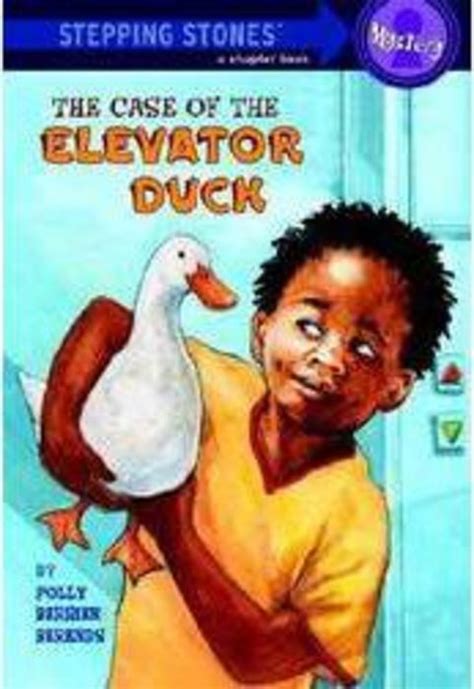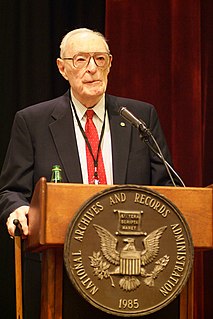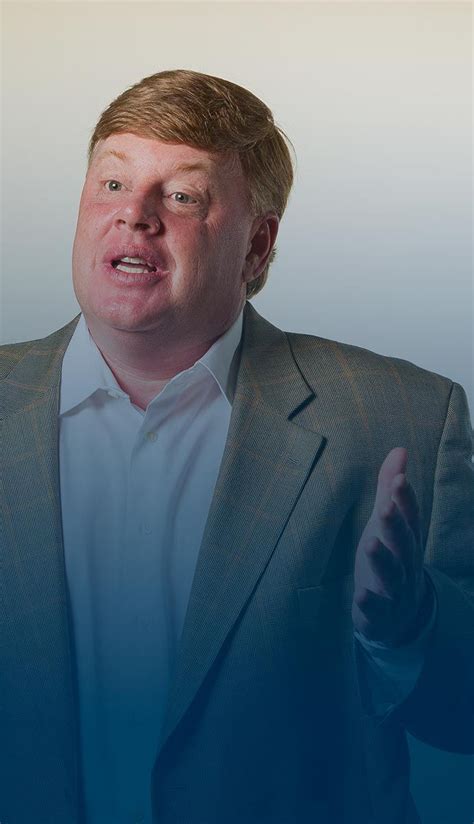A Quote by Kathleen Troia McFarland
The problem with people who live in a world of speeches and books and theories is they don't know how to fix things in the real world when they go wrong. They feign ignorance, blame others, and make another eloquent speech.
Related Quotes
People go into that arena, and they know the fix is in. They know what pro wrestling or sports entertainment is. That being said, they want it executed to the highest level so that they can suspend their disbelief and buy in, and so, in a world of make believe, you make people believe in you. It's as real as it can be.
One thing is to know how to do things and another is to make it simple and accessible to others. This is the challenge for the big players when they go into management. To do that, you have to learn and study very hard. I have read football management books, analysed myself and the way other people learn and understand things.
Worldviews have four elements that help us understand how a person's story fits together: creation, fall, redemption, and restoration. "Creation" tells us how things began, where everything came from (including us), the reason for our origins, and what ultimate reality is like. "Fall" describes the problem (since we all know something has gone wrong with the world). "Redemption" gives us the solution, the way to fix what went wrong. "Restoration" describes what the world would look like once the repair begins to take place.
Life is precious, so I ought to spend my days, you know, making sandwiches for homeless people and tending to the elderly in hospice care. Life is precious, so I should give everything away, except that I live in the world. And in the world, I actually have needs and wants, and I value my needs and wants. And I live in the world, and I can't just go make sandwiches every day because I also have to take kids to school. I also have to, you know, write books because that's my livelihood.
[When questioned on his longevity] First of all, I selected my ancestors very wisely. ... They were long-lived, healthy people. Then, as a chemist, I know how to eat, how to exercise, keep my blood circulating. ... I don't worry. I don't get angry at people. I don't worry about things I can't help. I do what I can to make the world a better place to live, but I don't complain if things aren't right. As a scientist I take the world as I find it.
I understand why people are discouraged about Iraq. I can understand that. We live in a, you know, world in which people hope things happen quickly. And this is a situation where things don't happen quickly because there's, you know, a very tough group of people using tactics - mainly the killing of innocent people - to achieve their objective, and they're skillful about how they do this. And they also know the impact of what it means on the consciousness of those of us who live in the free world. They know that.
You can tell a book is real when your heart beats faster. Real books make you sweat. Cry, if no one is looking. Real books help you make sense of your crazy life. Real books tell it true, don't hold back and make you stronger. But most of all, real books give you hope. Because it's not always going to be like this and books-the good ones, the ones-show you how to make it better. Now.
For the problem of decision-making in our complicated world is not how to get the problem simple enough so that we can all understand it; the problem is how to get our thinking about the problem as complex as humanly possible--and thus approach (we can never match) the complexity of the real world around us.



































